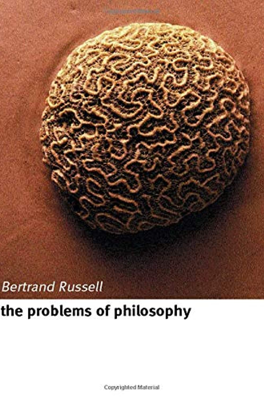On Intuitive Knowledge
Exploring Intuitive Knowledge
The thrust of this chapter is the exploration of intuitive knowledge, emphasizing the role of self-evident truths in the foundation of our belief systems. Bertrand Russell suggests that many beliefs, while appearing to be based on evidence or logical reasoning, ultimately hinge on principles that are self-evident and indemonstrable. These foundational beliefs are not merely accepted without justification but are understood intuitively to be true.
Self-Evidence in General Principles
Russell introduces the concept of self-evidence, where certain general principles, essential to reasoning and logic, do not derive from more basic truths but are recognized through their inherent clarity and indubitability. While some logical principles can be deduced from others, there are core principles that stand as intrinsically self-evident. These form the bedrock of logical reasoning and are employed in crafting further logical deductions and constructing demonstrations.
The Role of Perception in Self-Evident Truths
Aside from logical and mathematical principles, Russell points to truths derived directly from our sensory experiences, termed "truths of perception." These are not the sense-data themselves, which are neither true nor false, but judgments about the existence and characteristics of these sense-data. He distinguishes between mere recognition of sense-data and more analytical judgments where we identify properties or relations, such as the shape of an object or spatial relationships between objects.
Memory and Intuitive Judgment
Analogous to sensory perceptions are the intuitive judgments of memory. Russell discusses the reliability of memory, noting that it varies with the vividness and recency of the experience. He acknowledges the fallibility of memory but suggests that often what is believed to be remembered is something associated with the memory rather than the memory itself, and thus, true instances of memory maintain a degree of reliability.
Degrees of Self-Evidence
A key insight from the chapter is the concept of degrees of self-evidence. Some self-evident truths, like immediate perceptions or logical axioms, possess the highest degree of self-evidence. Others, like distant memories or complex logical deductions, have lesser degrees. Understanding these degrees helps in assessing the reliability of various beliefs and truths.
Russell posits that the varying degrees of self-evidence may correlate differently with truthfulness. High degrees of self-evidence might offer infallible guarantees of truth, whereas lower degrees provide only a presumption of truth. He concludes that these observations necessitate further examination into the connections between self-evidence, knowledge, and error, a task he defers to later discussions in the book.
